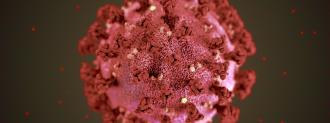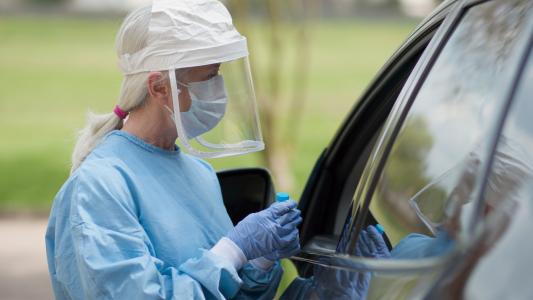The coronavirus crisis is unique. Addressing it will require new ideas, new perspectives, and new voices. That’s our mission at Freethink.
This week, we’re highlighting some of the most interesting perspectives and opinions about the fight against COVID-19.
Here are our must reads for this week.
1. Why the Coronavirus Is So Confusing
We’re now four months into the COVID-19 pandemic, and the world still has far more questions about the coronavirus than answers. This piece from the Atlantic’s Ed Yong breaks down the eight factors contributing to that confusion and how you can keep it straight.
2. What You Need to Know About the COVID-19 Vaccine
Right now, our best hope for ending the COVID-19 outbreak is the development and widespread distribution of a coronavirus vaccine. This week, Bill Gates published a detailed account of the race to reach that vaccine — and the obstacles still standing between us and it.
3. Let’s Bury the Hatchet!
Coronavirus lockdowns have left a lot of people with extra time on their hands — and according to this piece by Abby Ellin in the New York Times, many are using it to repair old relationships and reconnect with people from their past.
4. Infect Volunteers With COVID-19? A Proposal Lays Bare a Minefield of Issues
In March, a trio of researchers from the U.S. and the U.K. published an article suggesting that scientists deliberately infect volunteers with the coronavirus as a way of testing potential vaccines. This STAT article by Helen Branswell weighs the pros and cons of the controversial proposal.
Did we leave something off this list? We want to hear about what you’re reading and any interesting ideas you’d like us to cover. Drop us a line at [email protected].






